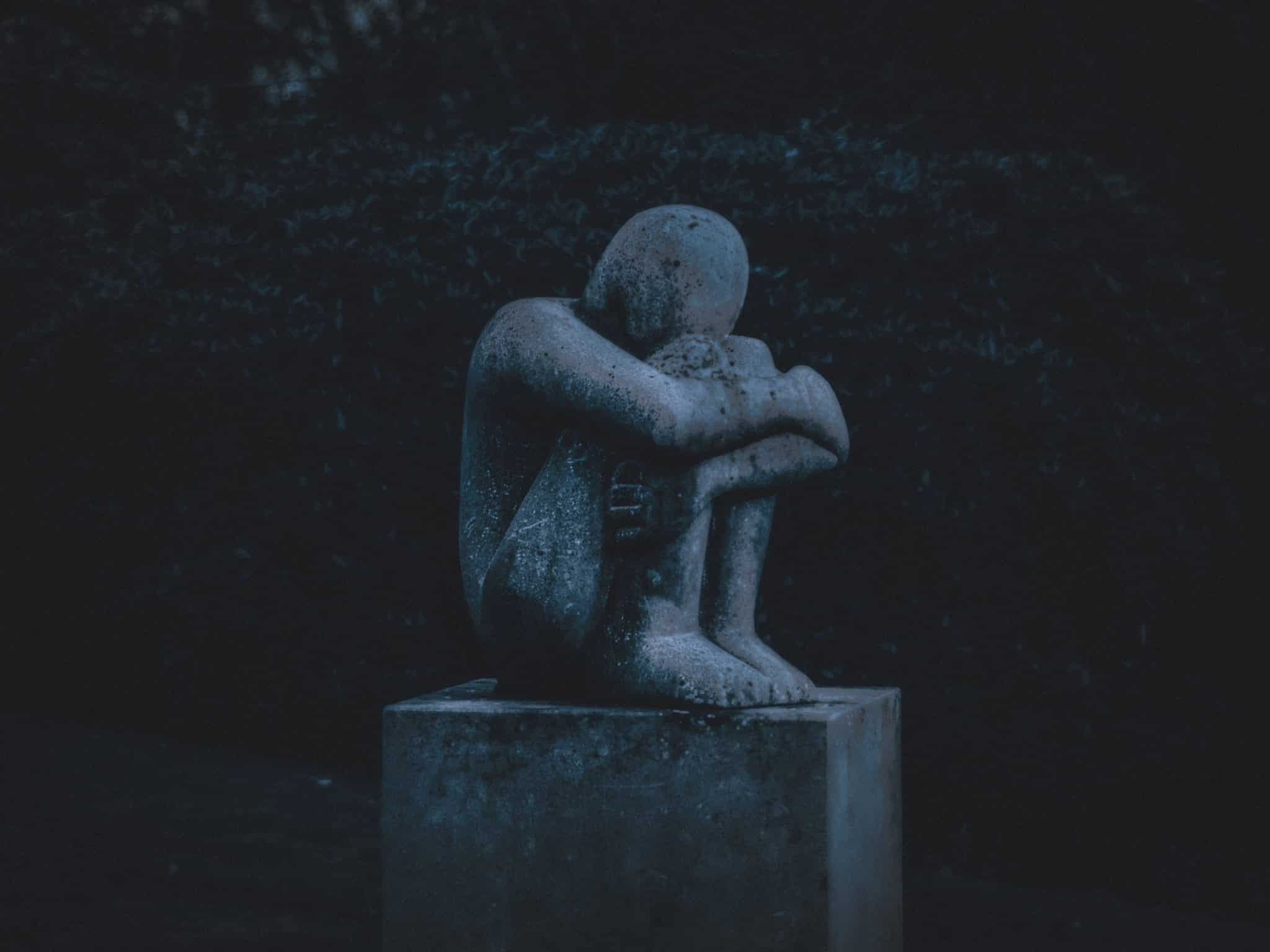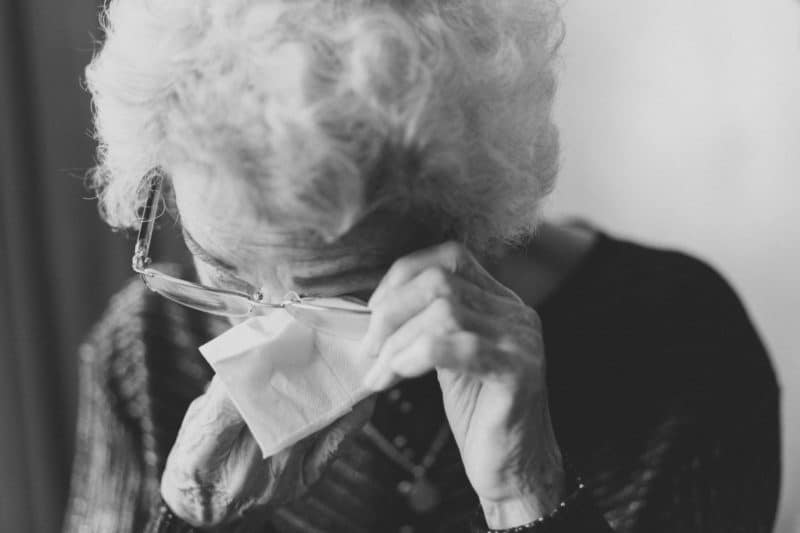
Anyone who has ever experienced the loss of a loved one has wondered: does grief ever end? You’ve likely read or heard the sentiment that grief is not a straight line. It can ebb and flow. It can linger for years. Every person’s grief experience is different, and there is no one right way to grieve.
Still, it can be comforting to understand why grief sometimes feels stronger than at other times. While not an exhaustive study, we share the following with you to assure you that you are not grieving incorrectly. In addition, your feelings are not “wrong,” even if you feel like you should have already felt them or if they’re coming at the “wrong” time.
How Long Does Grief Last?
There is no simple answer to this question. That’s not because there aren’t stages of grief (more on that below), but because everyone moves through grief at their own pace. There might be fits and starts to grief: it might begin to ease, only to return with a ferocity that surprises you and your loved ones.
Most people who have experienced the loss of a loved one say that grief doesn’t really end; but it does change as time moves on. For instance, the grief a widow feels immediately after the death of a spouse can lessen in intensity five years after their spouse’s death. But that doesn’t mean that the grief will eventually be gone. It simply means it will be felt in a different way as you continue to add new life experiences and relationships.
 Does Grief Ever Get Easier?
Does Grief Ever Get Easier?
This is a very common question, but one that’s almost impossible to answer. That might be because there’s guilt associated with the idea of life getting easier after the death of someone we love.
Instead, it might be better to ask how grief changes over time. It’s healthy to acknowledge that grief will likely never go away completely. But with the passing of time, perspectives can change. And with distance, it can become easier to remember a loved one without the pain associated with their death.
We talk with people all the time about moving through grief and honoring their loved one. If we can help you in any way, please know you can always reach out.
Which Stage of Grief is Easiest?
There are seven conventional stages of grief:
Shock and denial: this is the stage in which we cannot believe that our loved one has died. Muted feelings or feeling numb is not uncommon.
Pain and guilt: this is an intense stage in which people feel like their pain is unbearable. Some might even feel that their pain is a burden on others.
Anger and bargaining: in this stage people often show their anger with a higher power or the world in general. They might plead for a higher power to lessen their pain, offering something in return (for example: If you just take away the pain, I’ll never yell at my kids again.)
Depression: this period is defined by loneliness and isolation. It is a time of contemplation.
The upward turn: this is the time of grief when negative feelings start to lessen and you feel calmer.
Reconstruction and working through: this is a time when you feel like you can begin to live your life again.
Acceptance and hope: this stage is about accepting your new reality and feeling hopeful about the future.
These stages don’t always occur in this order. The stages don’t just occur once, either. The truth is, no one stage is easier than another. Because each person will experience each stage in a unique way, the “easiest stage” varies from person to person.
Why Is Grief Worse After the Funeral?
One of the important purposes funerals serve is that they give people a place to publicly mourn the death of a loved one. It might stand to reason, then, that some folks feel confused that their grief is worse after the funeral or memorial service than it was before then.
There are very real reasons for this. One of the most evident is that before the funeral, loved ones are busy. They are informing people about their loved one’s death, planning the funeral or service, working with the funeral director, and attending to the details necessary to close accounts and handle the financial matters that must be attended to after a death.
All of that busy-ness keeps our brains occupied. We have so much to think about that our attention is diverted. And this means that we can’t fully sit with our feelings. That grief is pushed away, subconsciously, so we can do the things that need to be done.
And then the funeral happens, and after we’ve spent time with those gathered, we are left with fewer things to do. Sure, there will still be tasks; taking care of financial matters can take quite a long time. But the immediacy of planning and attending a funeral is over, and that makes room for grief and any other feelings to take priority.
Simply put, grief can feel more intense after a funeral than before it because the funeral made space for that grief to be felt.
Another reason is that life returns to normal for those around us. They, too, might be feeling grief; but most people must return to work. They must keep parenting or care-taking. As they go back to their routines, you might be left alone with your grief more often and for longer periods than you were before.
We understand that it can be difficult to parse feelings when they are intense and long-lasting. We are here to help you with resources and services. We can be reached at (610) 876-5237 or via our contact page. It would be our pleasure to serve you.



Recent Comments